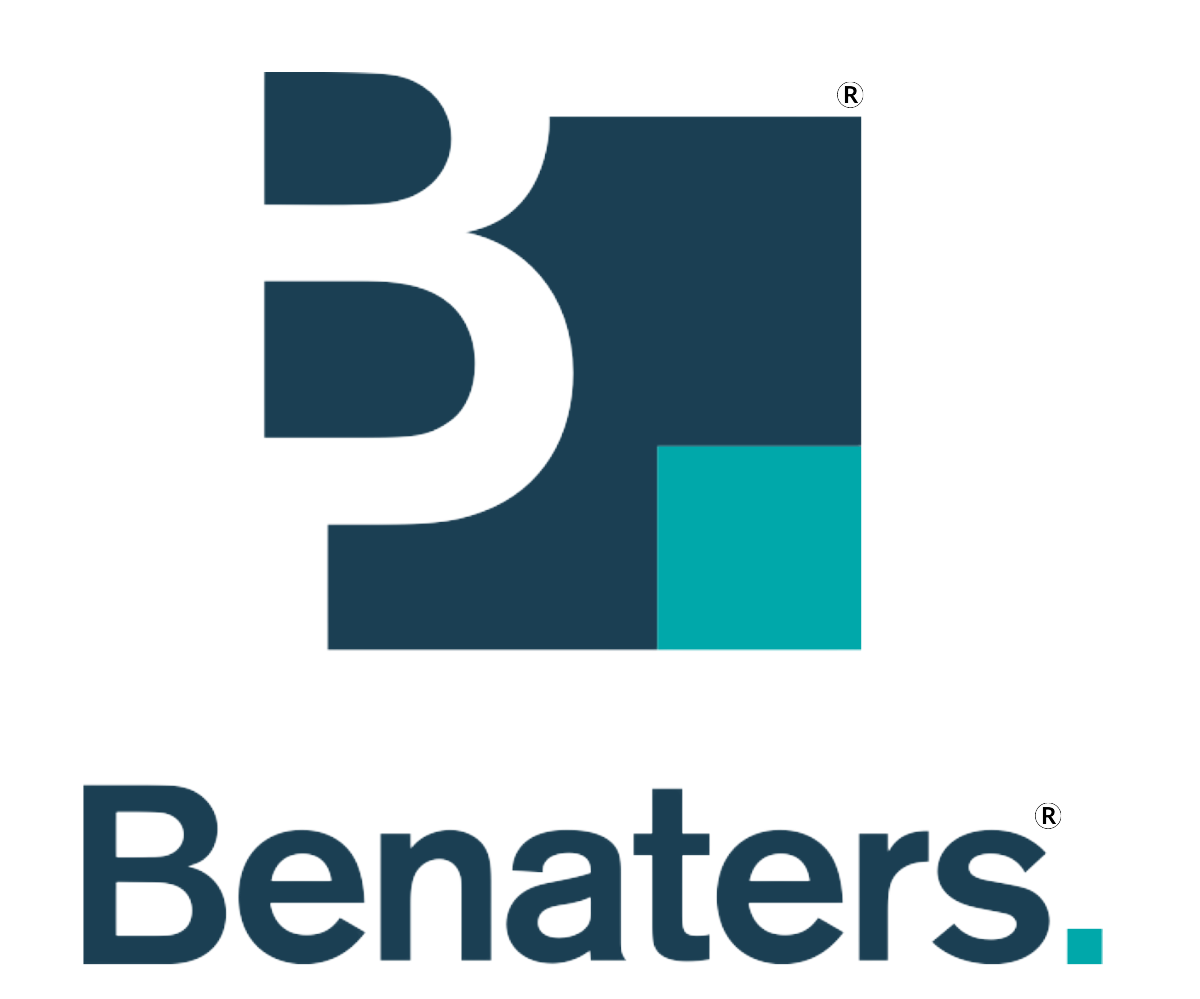Conveyancer Fundamentals Explained
Conveyancer Fundamentals Explained
Blog Article
All About Conveyancer
Table of ContentsThe Of ConveyancerGet This Report about ConveyancerThe smart Trick of Conveyancer That Nobody is Talking AboutOur Conveyancer Ideas
The expenses are levied in accordance with the Regulation Society's tariff standards. A Conveyancer should: At all times protect the passion of his/her customers and according to the authorized Sale Agreement; Maintain all parties educated of the progression on their deal and educate both celebrations of the conveyancing procedure and processes; Advise the celebrations on the conditions of the Sale Contract, especially regarding suspensive conditions and obligations; Encourage the vendor on the cancellation of his bond, any kind of penalties, notification periods and various other administrative fees which might affect the negotiation number; Obtain the vendor's composed instructions prior to he/she, as the Conveyancer, issues any guarantees in regard of the purchase; Do whatever in his/her power to sign up the deal on or as close as possible to the date consented to in the Sale Arrangement; Suggest both parties on their commitments in regards to their Sale Agreement, so as to make certain that the transfer is not delayed needlessly; Consult with both celebrations to authorize the relevant documentation connecting to the purchase Prepare the deeds for lodgement with the utmost treatment, so regarding make certain that they minimise the risk of a being rejected of the documents by the relevant Deeds Pc registry; Notify both events of the transfer on the day of enrollment; Account to both events for funds connecting to the purchase within two/ three days complying with effective enrollment of the purchase in the relevant Acts Registry.It's component of your conveyancer's work to work with a negotiation time with the various other side's lawful rep, throughout which time the home is formally transacted and all documents and cheques are handed over. Upon settlement, your conveyancer will certainly make call with you and/or your actual estate representative to validate negotiation and enable for keys to be handed over.
No person desires to experience a difficult or overwhelming circumstance when you ought to simply be excited for your following action. This is where conveyancing can assist the process to relocate along efficiently. The function of a residential property conveyancer is to handle this legal procedure of moving the ownership and title of a residential or commercial property from the seller to the buyer.
Yet legal representatives commonly have a variety of locations they have proficiency in, with conveyancing probably being an area they do not practice in usually. The advantage of utilizing a residential or commercial property conveyancer is that property purchases are what they perform regularly. They recognize the process throughout and are extremely acquainted with it, making sure all relevant documents is provided and the process is exact and timely.
Conveyancer Things To Know Before You Get This

However, picking an alternative for no other reason than it's cheaper can trigger much more problems in the long-term with an inaccurate or ineffective service. Search for a taken care of price solution so you understand useful link specifically what the process will certainly cost you and whether it matches your organized budget. Suggestions from pals or family, or reading on-line reviews can likewise be helpful in finding a knowledgeable and effective conveyancer.

Conveyancing solicitors and qualified conveyancers both supervise the conveyancing procedure. Conveyancer. However, their expert backgrounds vary. A conveyancing solicitor is a person that is a fully certified solicitor (as a participant of the Law Culture) and that specialises in Read Full Report conveyancing. A property solicitor will typically often tend to have experience in various other legal areas also.

All about Conveyancer
They liaise with different events, including the estate agent, seller's conveyancer, and neighborhood authorities. Working with a specialist can conserve both time and possible lawful difficulties. It's practical to embark on conveyancing work independently, many pick the safety of specialist guidance. The conveyancing procedure starts when a deal on a home is approved.
The buyer's solicitor will ensure the purchaser is notified regarding the documentation and legal responsibilities. This phase involves clarifying the conveyancing expenses and outlining the building info form. Being notified can prevent unforeseen problems as the process unravels. Residential or commercial property searches offer a function in the conveyancing process. The purchaser's lawyer organises these checks to disclose prospective concerns with the home.
Regional authorities could supply understanding into close-by future growths that might impact the building's value. Home loan lending institutions frequently need specific searches go now before releasing a home mortgage deal. While some searches might seem optional, omitting them might cause unexpected issues. A property's title actions represent a historic document of its possession.
The Only Guide to Conveyancer
This agreement pack includes crucial papers like the residential or commercial property details type, the leasehold information type, and the fittings and components form. At this phase, residential or commercial property regulation considerations emerge, from common access civil liberties to what fixtures come with the building.
On the other hand, if the vendor withdraws, they face fines. Both parties settle on a conclusion date following the exchange - Conveyancer. On today, the customer pays the remaining balance, and the vendor transfers the residential property keys. There's typically a void between exchange and conclusion for customers to finalise details or make setups.
Report this page